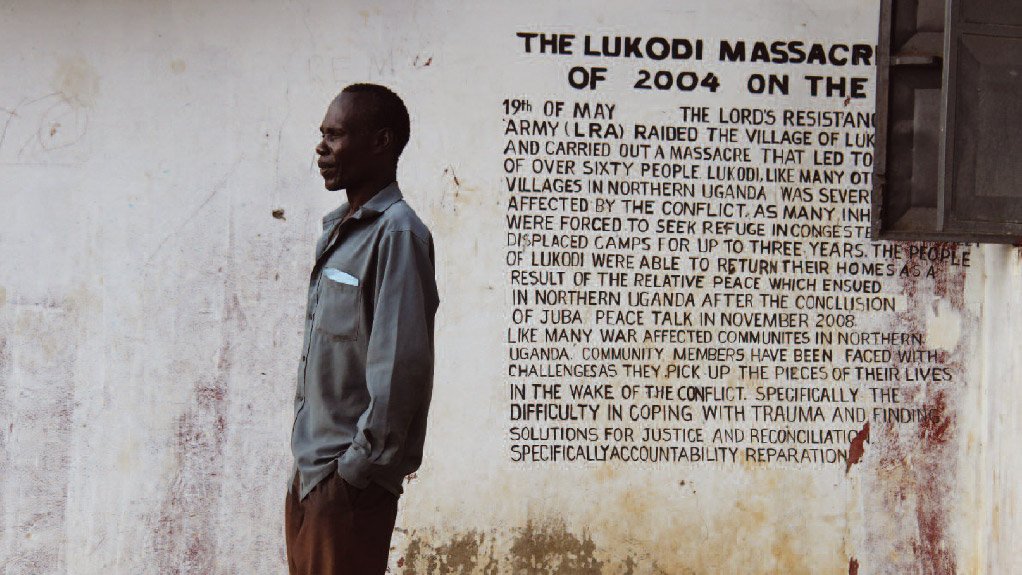- Who Will Stand for Us? – Victims’ Legal Representation at the ICC in the Ongwen Case and Beyond1.99 MB
Victim participation in proceedings before the International Criminal Court (ICC) is a central innovation in international justice: in addition to potentially being witnesses called by a party or the court, victims of crimes tried before the ICC may stand before the court as participants in their own right.
This right of participation is not absolute. But it can nonetheless provide a key bridge between victims and affected communities and ICC proceedings by helping to ensure that justice is not only done, but seen to be done by those impacted by the crimes being prosecuted by the court. In doing so, it has the potential to enhance the court’s legitimacy by serving victims meaningfully.
Few victims will participate in person in ICC proceedings; they participate in its trials through legal representatives.
Victims have a right under court rules to choose a lawyer. That right is not absolute—the court’s judges, for example, can ask victims to select a “common legal representative” (CLR) with the help of its Registry and, if they are unable to do so, the judges may ask the Registry to choose one for them. The Registry also has a general mandate to support victims in organizing their legal representation. These provisions theoretically give the court considerable scope to ensure that victims are informed, respected, and enabled in their choice of legal representation.
In practice, however, budgetary pressures from ICC member countries and growing caseloads mean that Chambers have increasingly given weight to cost and efficiency implications when making decisions about victims’ legal representation. Such implications are legitimate. But they have meant that Chambers have appeared to treat victims’ views on their legal representation as a relevant, but not a determinative or predominant, consideration.
This report takes a closer look at these issues through the lens of the ICC trial of Dominic Ongwen, a former child soldier-turned commander in the Lord’s Resistance Army (LRA). He is charged with 70 counts of war crimes and crimes against humanity committed in attacks on internally displaced persons (IDP) camps in northern Uganda in 2003-2004—Abok, Lukodi, Odek, and Pajule—as well as sexual and gender-based crimes, persecution, and recruiting child soldiers.
Report by the Human Rights Watch
EMAIL THIS ARTICLE SAVE THIS ARTICLE ARTICLE ENQUIRY
To subscribe email subscriptions@creamermedia.co.za or click here
To advertise email advertising@creamermedia.co.za or click here











